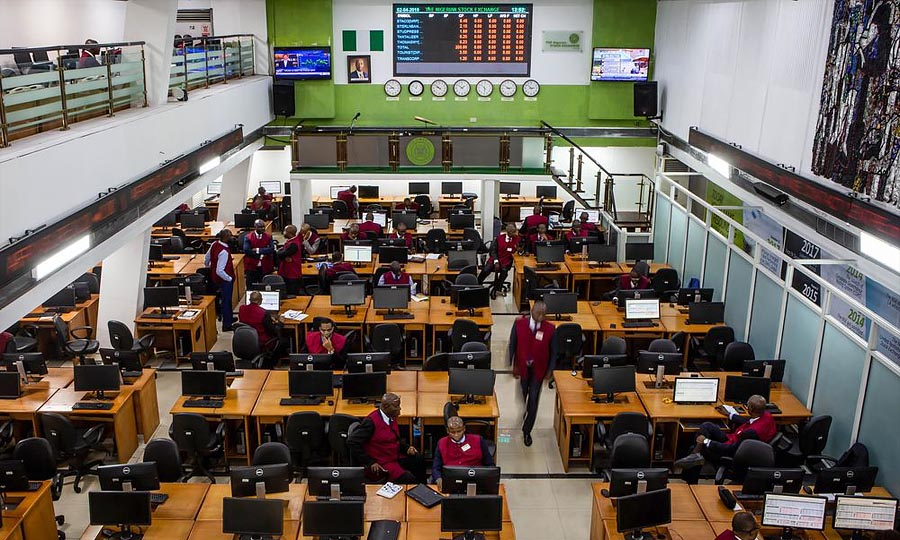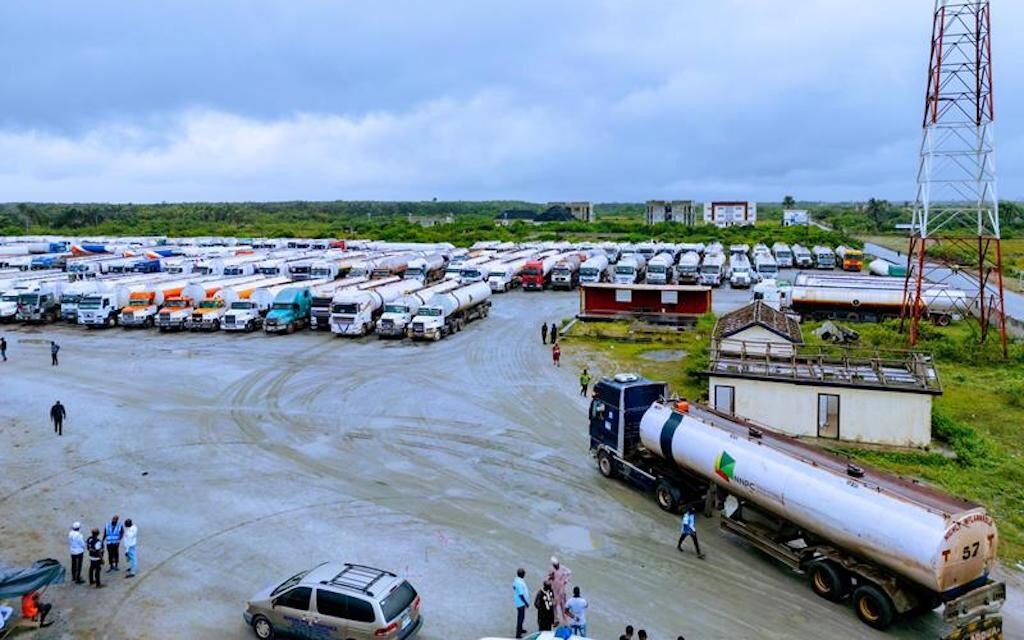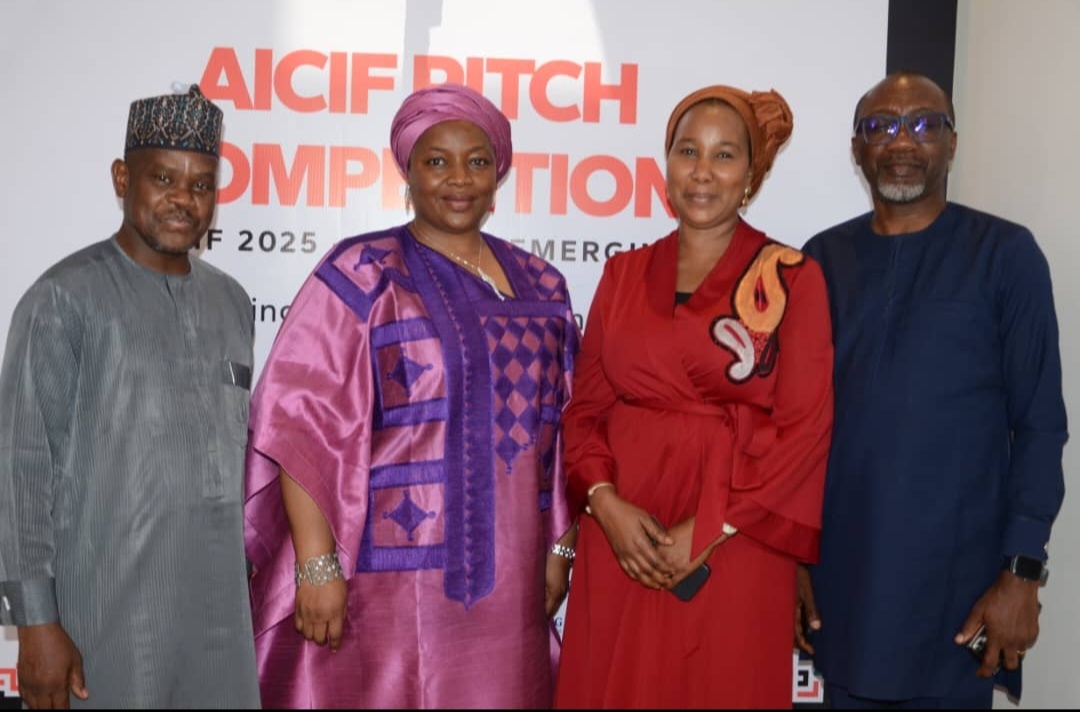Lawmaker Disburses N100m Scholarship Grant to Nasarawa Indigent Students
Lawmaker Disburses N100m Scholarship Grant to Nasarawa Indigent Students
Igbawase Ukumba in lafia
A member representing Awe/Doma/Keana federal constituency in the National Assembly, Abubakar Hassan Nalaraba, has disbursed a scholarship grant of N100 million to more than 1,000 indigent students in Nasarawa State to support their education.
The scholarship scheme launched by the House of Representatives member was targeted at students from poor households studying in various tertiary institutions, to ease their financial struggles in school.
At the disbursement ceremony in Lafia at the weekend, the Aren Eggon, Justice Ahmed Ubangari Alaku (rtd), called on political leaders to give priority to programmes that reduce poverty and promote educational advancement.
In a remark, the Aren Eggon, who is the paramount ruler of Eggon nation, stressed the need for leaders to continue investing in programmes that uplift citizens, particularly the less privileged.
He urged the federal lawmaker and other political leaders to remain committed to interventions that secure the future of underprivileged young people.
The Chairman of the Scholarship Grants Committee, Professor Amirkpa Oyigbenu, described the intervention as a major boost to the advancement of education.
On his part, Nalaraba explained that the selection of beneficiaries was carried out transparently to ensure that only students from less privileged homes benefited, regardless of political or religious affiliation.
Some of the beneficiaries, including Abimiku Salvation and Bushirat Safyanu, said the cash grant of one hundred thousand naira each came at a critical time when they were on the verge of abandoning their studies due to financial constraints.
The state Chairman of the All Progressives Congress (APC), Alhaji Aliyu Bello, commended the lawmaker for providing what he described as a people-driven representation.
Igbawase Ukumba in lafia A member representing Awe/Doma/Keana federal constituency in the National Assembly, Abubakar Hassan Nalaraba, has disbursed a scholarship grant of N100 million to more than 1,000 indigent students



